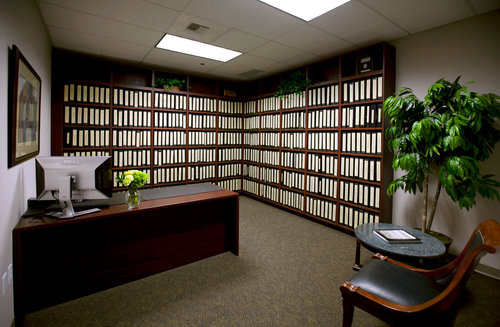U.S. Subsidiaries and Other Legal Entities

Background
Historically, international business owners give similar reasons for incorporating a wholly owned subsidiary in the United States. Most of our clients seek to leverage the vast market in the United States — the world's largest importer of goods and services. According to the U.S. Bureau of the Census, the resident population of the United States as of July 4, 2013 was 313,933,954.
Consumers in the United States are not apprehensive about products and services delivered from locations outside the US. They are, however, concerned with product delivery, warranty services and technical support. Establishment of a business presence within the US fosters the desired assurance.
In addition to a desire to sell products and/or services in the vast United States marketplace, international businessmen and women seek to leverage favorable corporate tax rates in the United States, less sales competition, lower labor costs and the strong American dollar. Most of our clients do not desire to move to the United States on a full-time basis. The goal is to maximize product and/or service sales in a vast market with the income eventually returning to Canada at reduced tax rates.
The Process
We deal with highly motivated business owners and real estate investors who have made the decision to increase their market share or real estate holdings in the United States. Most business owners have already "tested the water" by making sales in the United States market. On several occasions, the response of the United States market to an international product or service has been so overwhelming that the business has difficulty filling product orders. We virtually never have to convince an international businessman or woman to form a Washington legal presence — that decision was made before the company representative walked through the door.
Prudent formation of a legal entity in the United States, whether it be a wholly owned subsidiary of an international parent company or an independent entity designed to hold real estate, involves securing professional advice from a US corporate lawyer, your Chartered Accountant, a Certified Public Accountant and, in certain cases, an immigration lawyer. Thereafter, United States service providers, such as banks, warehousemen, customs brokers, etc., may be required, depending upon the company's distribution and marketing plan. We work with and know the "service providers" who will best serve your business and investment strategy. Although the international business owner or real estate investor’s first telephone call is generally to the lawyer, we encourage our international clients to meet with accounting and immigration professionals prior to forming their United States legal entity.
We often attend a client's initial meeting with accounting and immigration professionals to ensure that the legal entity established meets tax and immigration requirements.

Who's Doing It?
We have not been able to detect any specific industry, manufacturer or professional group who establishes a USA "presence" more than another. We have formed legal entities for architects, engineering firms, manufacturers, importers, exporters, service providers, currency exchanges, contractors, high tech companies, computer technology firms, real estate investors, etc. Western Canadian businesses have tended to favor Whatcom County to establish subsidiary corporations because of its proximity to Vancouver and the lower mainland. A branch office located in the same geographical area as the parent company, although marketing to the entire United States, is more easily accessible and cost effective to operate and maintain than an office located in another state. Professionals in Whatcom County deal with cross-border transactions on a daily basis, as opposed to professionals in geographical locations further south who may deal with international issues infrequently. There is a common belief that a Canadian business becomes "more Canadian" the further south you go!